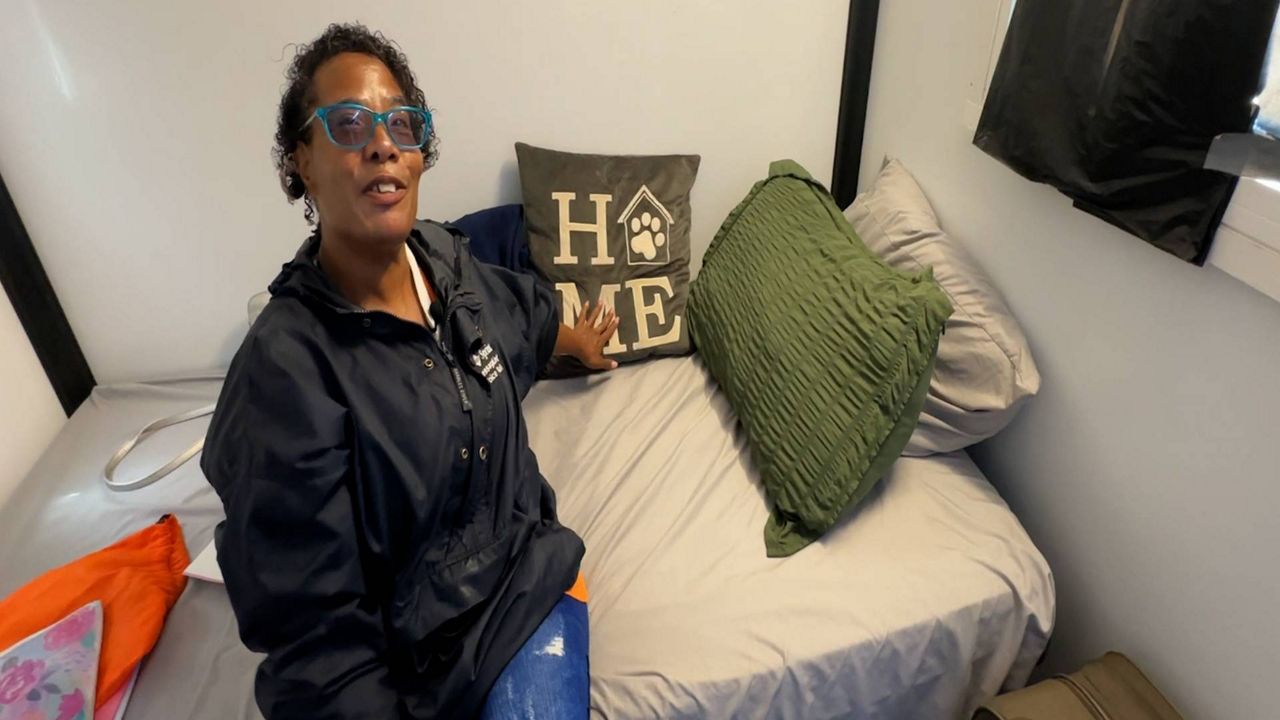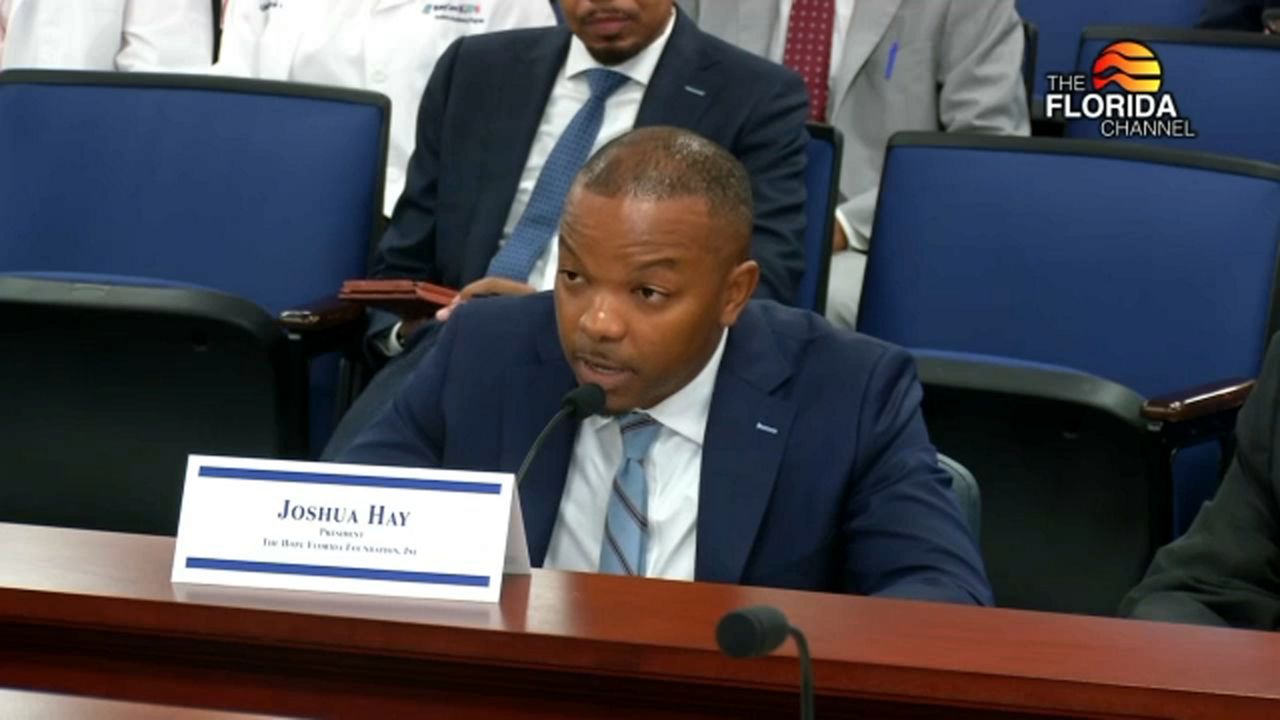TAMPA, Fla. — Pre-exposure prophylaxis, or PrEP, is a daily pill or injection that can reduce the risk of contracting HIV.
It's for people who don't have HIV, but are sexually active or at a higher risk of getting it.
Advocates say there’s an alarming number of patients — and even health care providers — who don’t know enough about it. It’s a gap in medical information they say can no longer be ignored.
Like any test, there’s a step-by-step process. When it comes to taking an HIV test at PositivelyU, the next logical step involves one very important word: PrEP.
“One, we know that the person that’s come in for the HIV test is sexually active. We know that they came because of some either education, fear or an inkling that they may be susceptible to HIV, and that’s where the conversation starts,” said PositivelyU Executive Director Janet Kitchen.
It’s a conversation Kitchen said is meant to save lives and remove stigmas surrounding PrEP.
“Really, our largest number of PrEP are same-gender loving men. I will say there is a lack of marketing for other demographics, with the stats for women. I think women should know, in particular, Black women. We know cases for Black women are soaring,” she said.
According the CDC, when it comes to HIV cases, Black women accounted for 50% of women diagnosed in 2022. White women accounted for 24% and Hispanic/Latina women accounted for 20%.
Those numbers are personal for Kitchen.
“I’m a person or a woman living with HIV. I was diagnosed in 2005 and realized I wanted to make a difference in the HIV community. There were no organizations that was led by a woman living with HIV, let alone a Black woman,” Kitchen said.
That’s when she opened PositivelyU in Tampa and Winter Haven. It’s a community-based organization focused on treating patients with HIV and preventing it.
“One of the things I thought about in this whole beginning of my diagnosis is how do we talk about it, how do we normalize HIV,” she said.
Some of her most important work is centered around advocating for women who look like her to learn about PrEP.
“The pill was introduced after all of the research. The word didn’t get out. It has not gotten out to a lot of the doctors. It took forever for us to talk to medical providers just to be able to talk about providing an HIV test,” she said.
Nurse practitioner Laquitta McCoy said she explains it to her all of her patients.
“Ultimately, what PrEP does is it blocks the HIV virus from replicating, meaning it blocks it from making more copies of itself in your body,” McCoy said.
She said it’s easy to administer, and she recommends PrEP to anyone who is sexually active.
“PrEP can be administered orally with a pill. There’s also an option for an injection into the muscle,” McCoy said. “The pill is taken once a day. The injection is every two months.”
She said knowing the disparities, it’s hard not to notice the hurdles preventing PrEP from getting in the hands of Black women, like marketing and representation. BlackAIDS.org created posters showing images of Black women from all walks of life, promoting PrEP. It’s a tool Kitchen is hoping more health care and community organizations take notice of to help make sure the people who need to see it and its importance.
“It’s better to take a pill as prescribed when needed, rather than taking a pill because you have to for the rest of your life for lifesaving,” Kitchen said.
One of the other hurdles with PrEP is paying for the drug. Some insurers may pay for the pill and not the shot, while others don’t cover it at all.
There are some pharmaceutical companies or community organizations like PositivelyU filling in that gap to get people the medication they need.











